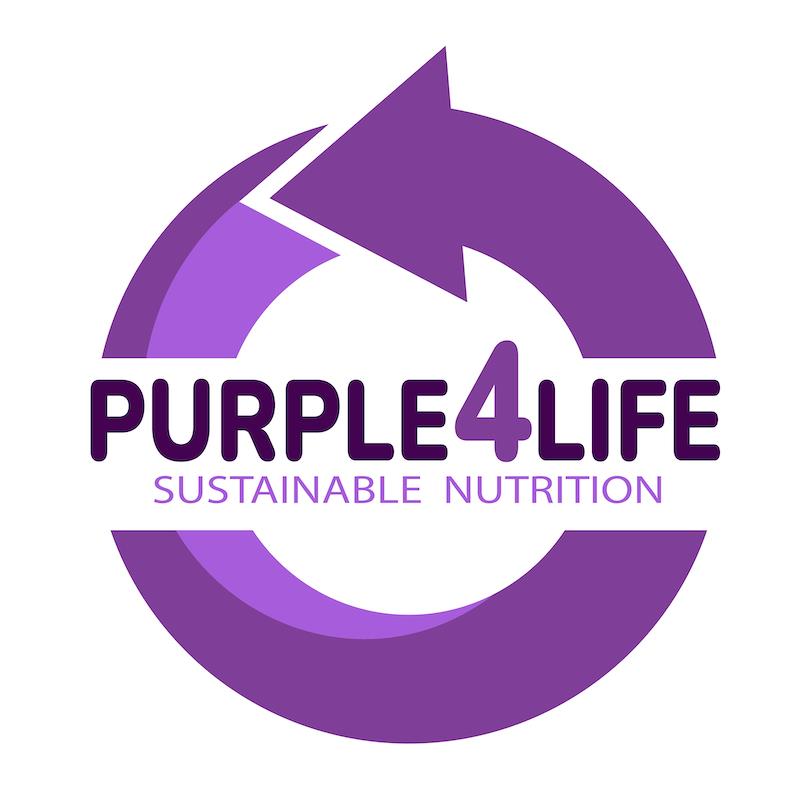Programs such as the Farm2Fork strategy and the Green Deal have been initiated in Europe to tackle climate, environmental, social and economic challenges. Agriculture is responsible for over 10% of greenhouse gas emissions and has a negative environmental impact through the use of fertilizers and pesticides. The increasing demand for food requires innovative, environmentally friendly solutions.

The Purple4Life consortium aims to sustainably transform European food production by promoting the use of Purple Phototrophic Bacteria (PPB). PPB have a high metabolic versatility and can utilize light to efficiently convert substrates into biomass without occupying agricultural land. Although their production is currently not economically viable, it offers opportunities for resource recovery.
Purple4Life will investigate the feasibility and benefits of PPB in food and feed production, particularly with regard to its health-promoting properties such as vitamin B12 and unsaturated fatty acids. The project will also evaluate the use of coenzyme Q10 and carotenoids.
The Department of Aquaculture and Aquatic Resources at Fraunhofer IMTE will investigate the effects of Purple Phototrophic Bacteria (PPB) as a functional feed additive in Atlantic salmon and rainbow trout. In particular, the nutritional effects of CoQ10 and carotenoids in different amounts are in focus. The work program investigates different levels of PPB in the diet of juvenile and adult fish. The collaboration between NOFIMA and Fraunhofer IMTE is crucial for understanding the physiological and functional effects of PPB biomass in the diet of these important aquaculture species.
 Fraunhofer Agriculture and Food Industry Alliance
Fraunhofer Agriculture and Food Industry Alliance